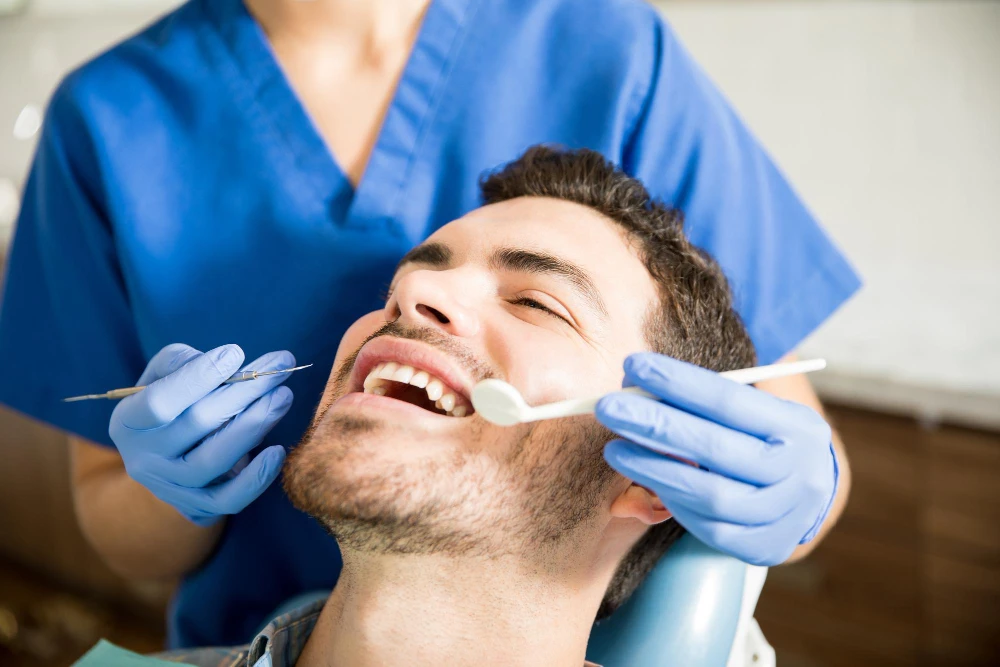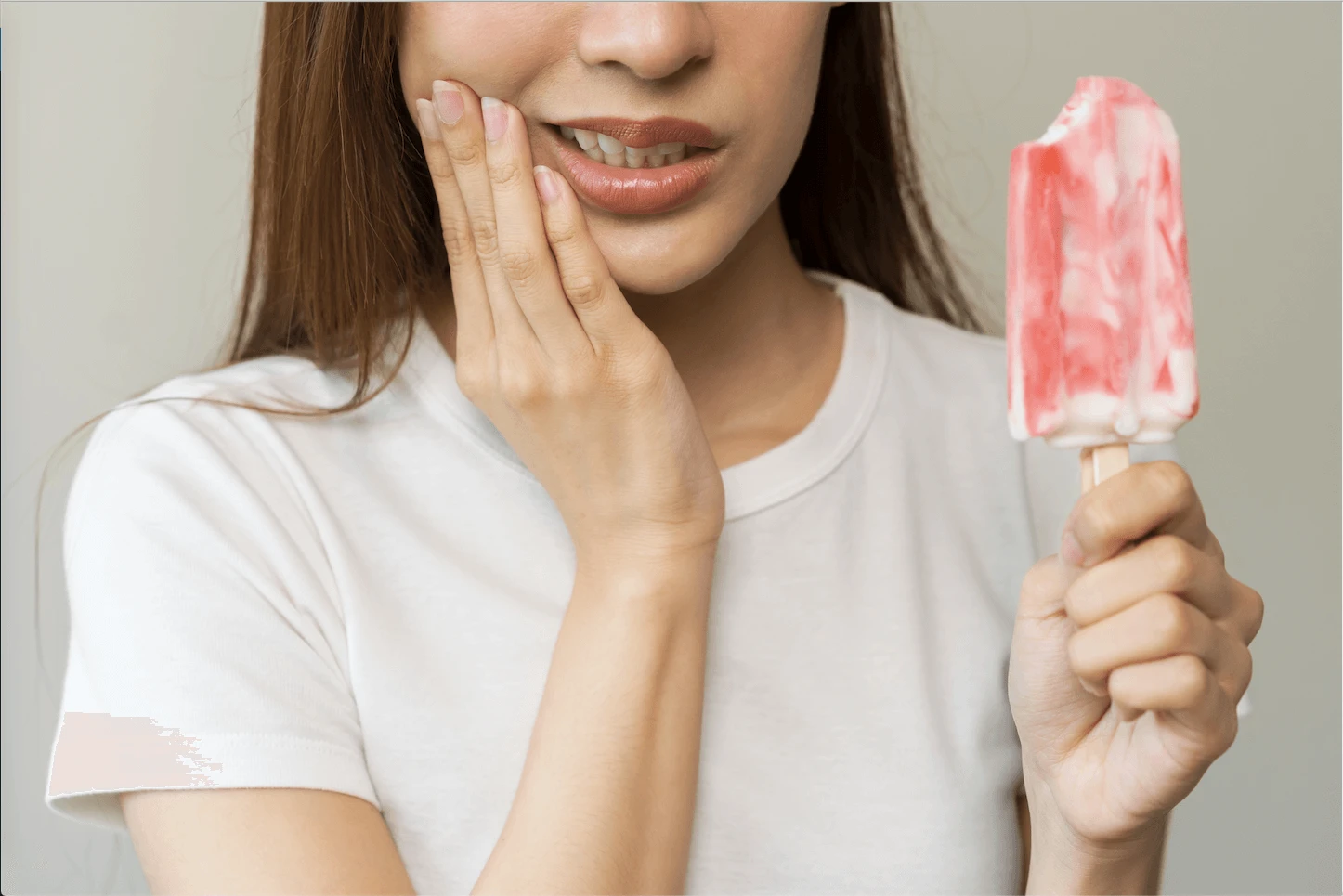How Should I Care for My Teeth and Gums?
Taking care of your teeth and gums doesn't have to be complicated.
- Brush your teeth at least twice a day using fluoride toothpaste to keep those pearly whites strong and healthy.
- Don't forget to floss daily to remove plaque and food particles from between your teeth.
- Rinse your mouth with an antibacterial mouthwash to kill any lingering bacteria that brushing and flossing might have missed. Fourthly, eat a balanced diet rich in fruits, vegetables, and calcium to support overall dental health.
- Don't skip your regular dental check-ups to catch any potential issues early on.
Tips for Brushing Your Teeth and Gums
- When brushing your teeth, use a soft-bristled toothbrush and gentle, circular motions to avoid damaging your gums.
- Pay attention to each tooth and don't rush the process; take your time to thoroughly clean every surface.
- Don't forget to brush your tongue as well to remove bacteria and freshen your breath.
- Replace your toothbrush every three to four months or sooner if the bristles become frayed.
- And remember, brushing too hard can wear down enamel and irritate your gums, so be gentle yet thorough.
Tips for Flossing Your Teeth
- Flossing is just as important as brushing for maintaining good oral hygiene.
- Use about 18 inches of floss and slide it gently between your teeth, curving it into a C-shape to reach under the gumline.
- Be sure to use a clean section of floss for each tooth to prevent transferring bacteria.
- If traditional flossing isn't your thing, you can also use interdental brushes or a water flosser as alternative options.
- Make flossing a daily habit to remove plaque and prevent gum disease and cavities.
- And if you're unsure about your flossing technique, don't hesitate to ask your dentist or dental hygienist for guidance.
Tips for Rinsing Your Teeth & Gums
- In addition to brushing and flossing, rinsing your mouth with an antimicrobial mouthwash can help reduce plaque and gingivitis-causing bacteria.
- Choose a mouthwash that contains fluoride to strengthen your teeth and prevent cavities.
- Swish the mouthwash around for about 30 seconds, making sure to reach all areas of your mouth, including your gums and the roof of your mouth.
- Spit out the mouthwash after rinsing; avoid swallowing it to prevent ingesting harmful chemicals.
- Incorporating mouthwash into your oral care routine can leave your mouth feeling fresh and clean throughout the day.
Eating Right and Dental Health
Your diet plays a significant role in your dental health.
- Opt for nutritious foods like fruits, vegetables, lean proteins, and dairy products, which provide essential vitamins and minerals for strong teeth and gums.
- Limit sugary and acidic foods and beverages, as they can contribute to tooth decay and enamel erosion.
- Drink plenty of water throughout the day to help wash away food particles and neutralize acids in your mouth.
- If you do indulge in sugary treats, try to consume them with a meal rather than as a standalone snack to minimize their impact on your teeth.
Dental Check-Ups
Regular dental check-ups are crucial for maintaining optimal oral health.
- Schedule appointments with your dentist every six months for a thorough examination and professional cleaning.
- During these visits, your dentist can detect any early signs of dental issues like cavities, gum disease, or oral cancer and provide prompt treatment.
- They can also offer personalized advice on improving your oral hygiene routine and address any concerns you may have about your teeth and gums.
- Don't skip these appointments, even if you're not experiencing any dental problems, as prevention is key to avoiding costly and painful dental issues down the road.



